Extinction
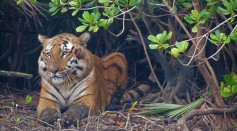
Rising Sea Levels and Poaching Might Wipe Out Sundarban's Bengal Tigers By 2070
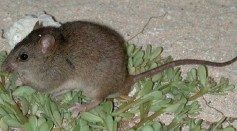
Mammal Extinction Due To Climate Change
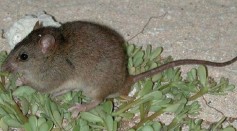
Bramble Cay Melomys Now Extinct Due to Climate Change
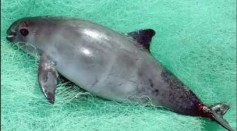
World's Smallest Porpoise Continuously Losing Numbers, About Getting Extinct
Thousands of Endangered Antelope Deaths Have Scientists Investigating a Serious Concern
Panda Poo Reveals a Mismatched Gut
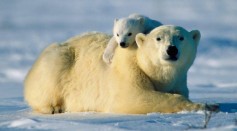
Zoos Raise Awareness of Endangered Species by Making their Animals Disappear
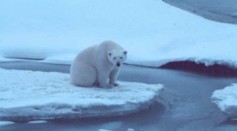
AS GLOBAL TEMPERATURES RISE, SPECIES MAY PLUMMET
Getting to the Core of Extinction—Researchers Return to Crater That Caused Millions of Dinosaurs to Die
Bringing Extinct Animals Back to Life No Longer Just Part of the Movies

US Fish & Wildlife Service Say African Lions May be Extinct by 2050
Most Popular

How Technology Is Changing the Real Estate Industry?

How a Plant-Based Diet Can Protect Against Breast Cancer: Insights from Nutrition Research

Study Reveals High Turnover in Scientific Research Careers: What This Means for Future Scientists

Why It's So Difficult to Lose Weight: The Biological Explanation Behind Obesity






